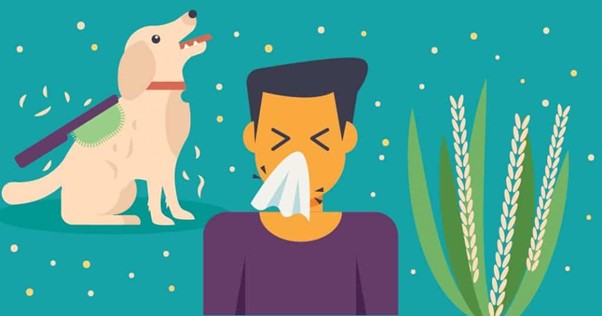
Voice disorders can be caused by a variety of factors, ranging from physical trauma to vocal misuse.
Depending on the cause, there are several possible treatments available. In this blog post, we’ll explore the most common causes and treatments of voice disorders.
Vocal Trauma
Vocal trauma is often caused by overuse or misuse of the voice such as yelling or straining. Treatment usually involves rest, avoidance of speaking loudly, and/or speech therapy.
Infections
Infections such as laryngitis can cause inflammation in the throat area which can lead to hoarseness and difficulty speaking.
Antibiotics are usually prescribed to treat infections that cause voice disorders, although sometimes additional treatments may be necessary depending on the severity of the infection.
Acid Reflux
When acid reflux occurs, stomach acid travels up into the throat and irritates it causing a burning sensation or hoarseness in the voice.
Treatment typically includes antacids or medications that reduce stomach acid production, lifestyle changes such as avoiding spicy foods or caffeine, and elevating your head when sleeping to avoid contact between stomach acid and throat tissue.
Allergies
Seasonal allergies can cause swelling in the nose and throat area resulting in difficulty speaking clearly or producing sound properly (hoarseness).
Allergy medications or nasal sprays may be prescribed to help treat allergies-induced voice problems while avoiding allergens is also recommended as a preventative measure.

Vocal Nodules/Polyps
These are small growths on vocal cords caused by vocal abuse that can make it difficult for sound to pass through them normally (hoarseness).
Surgery is usually required to remove these nodules/polyps however some cases may be treated with speech therapy instead if they are not too severe.
Vocal Cord Paralysis
Vocal cord paralysis is a condition in which one or both of the vocal cords become paralyzed due to nerve damage, resulting in reduced vocal volume and range.
Treatment may include surgery, voice therapy, and medications to reduce inflammation.
Thyroid Conditions
Abnormalities of the thyroid gland such as hypothyroidism or hyperthyroidism can affect the vocal cords, causing changes in pitch or volume.
Treatment may involve medications to correct any hormonal imbalances, voice therapy, and lifestyle modifications.

Congenital Disorders
Congenital voice disorders are usually caused by structural abnormalities or genetic conditions that affect the throat and vocal cords, such as laryngomalacia or cleft lip or palate.
Treatments for these conditions focus on addressing any physical issues and may include surgery, speech therapy, and voice therapy.
Abnormalities in Throat Structures
Certain birth defects or growths within throat structures can obstruct airways which leads to difficulty speaking (hoarseness).
Surgery may be necessary to correct these abnormalities however some mild cases may only require speech therapy instead of surgery depending on their severity level and individual circumstances.
Neurological Disorders
Certain neurological conditions such as Parkinson’s disease can affect vocal muscles making it difficult for them to produce sound properly (hoarseness).
Treatment typically requires speech therapy however other therapies such as physical therapy may also be recommended depending on individual needs and circumstances.
Habitual Misuse of Voice
Habits such as smoking, excessive alcohol consumption, loud talking, shouting, etc .can damage vocal cords leading to hoarseness.
Treatment includes quitting smoking, avoiding alcohol consumption & excessive loud talking, etc. Speech therapists might also recommend certain exercises & techniques like humming & lip trills, etc, to help strengthen weak vocal muscles.
Chronic Coughing
A chronic cough can lead to strained vocal cords due to overuse, resulting in hoarseness. Treatments include avoiding known irritants that trigger coughing fits, taking medication prescribed by a doctor & using home remedies like honey tea & steam inhalation, etc. Regular visits with a doctor might also be necessary if symptoms don’t improve with usual treatments.

Tumors
Tumors on either side of vocal cords can affect their mobility leading to difficulty speaking (hoarse voice).
Treatment depends on the size & location of the tumor but could involve radiation therapy, chemotherapy, or surgery if needed.
These are just some of the most common causes and treatments for voice disorders. If you’re experiencing changes in your voice, you must consult a medical professional for a thorough diagnosis and treatment plan.
A doctor or speech-language pathologist can evaluate your symptoms, rule out any possible medical conditions that may be contributing to the problem, and recommend an appropriate course of action for you.
Conclusion
Voice disorders come in many shapes & sizes but thankfully there are various treatments available depending on their causes & severity levels.
It’s important for those suffering from any type of voice disorder to seek medical attention promptly as early diagnosis is key for successful treatment & prevention of further complications arising from untreated conditions.
Learn more.